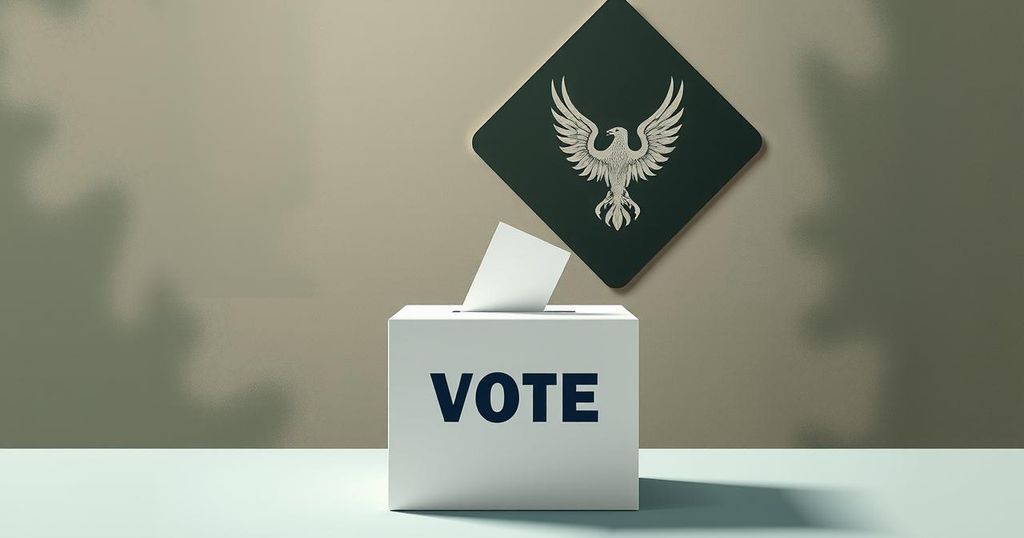Ecuador Votes in Close Presidential Runoff Amid Rising Violence

Ecuador holds a closely contested presidential runoff between incumbent Daniel Noboa and challenger Luisa Gonzalez. The election is influenced by escalating cartel violence and economic distress. Noboa’s hardline security policies contrast with Gonzalez’s focus on social welfare. Polls suggest a statistical tie, with implications for governance and international relations depending on the outcome.
On April 13, 2025, Ecuadorians participate in a closely contested presidential runoff election between the incumbent, Daniel Noboa, and the leftist challenger, Luisa Gonzalez. Noboa, who is perceived as a tough security leader, narrowly secured the first round victory in February, but his resurgence faces a formidable opponent in Gonzalez, who aspires to become the nation’s first female president.
The election has been heavily influenced by public concern over escalating cartel violence, transforming Ecuador from a safe to the most dangerous nation in Latin America. As the election nears, Noboa declared a 60-day state of emergency in Quito and several provinces, highlighting the volatile situation. At the beginning of the year, the country saw a homicide occurring every hour as rival drug cartels fought for control of cocaine trafficking routes.
Noboa, the son of a wealthy banana magnate, has focused on stringent security measures, conducting military operations against gangs, apprehending drug leaders, and inviting U.S. special forces assistance. He frequently showcases his commitment to national security by leading operations while wearing a bulletproof vest. On the other hand, Gonzalez portrays herself as a champion for the average citizen, advocating for the disenfranchised and emphasizing economic improvement.
Polls indicate a statistical deadlock between the candidates, suggesting vastly different futures for Ecuador. A Noboa victory could signify an intensification of his hardline strategies and continued cooperation with U.S. leadership, specifically former President Donald Trump. Conversely, Gonzalez represents a possible leftward shift in governance and a potential distancing from U.S. relations, with ties to ousted former President Rafael Correa, a contentious figure in Ecuadorian politics.
In the previous round, Noboa and Gonzalez were separated by less than 17,000 votes, making the current race particularly unique with more than a dozen eliminated candidates. Gonzalez is bolstered by indigenous leader Leonidas Iza, who previously garnered significant electoral support, though it remains uncertain if this coalition will unify. With 13.7 million eligible voters, ballots will be cast between 7 AM and 5 PM.
During the final campaign push in Guayaquil, the candidates made their cases to voters; Gonzalez sought to connect with women by proposing financial assistance for single mothers, while Noboa branded himself as an agent of change, distancing himself from old political regimes and targeting Gonzalez’s affiliations. Analysts warn that a narrow victory could incite allegations of electoral fraud, generating instability for the new government. “If the difference is very small, the government will be born with a problem,” said Simon Pachano of FLASCO, emphasizing the potential challenges for governance with half the populace opposed to the administration.
The Ecuadorian presidential runoff election presents a critical juncture for the nation’s future, with incumbent Daniel Noboa advocating for stringent security measures, while challenger Luisa Gonzalez seeks to promote social welfare. The tight race reflects deep societal divisions influenced by crime and economic hardship. As voters make their choice, the implications for national policy and international relations hang in the balance, potentially shaping Ecuador’s trajectory in the years to come.
Original Source: www.bssnews.net







